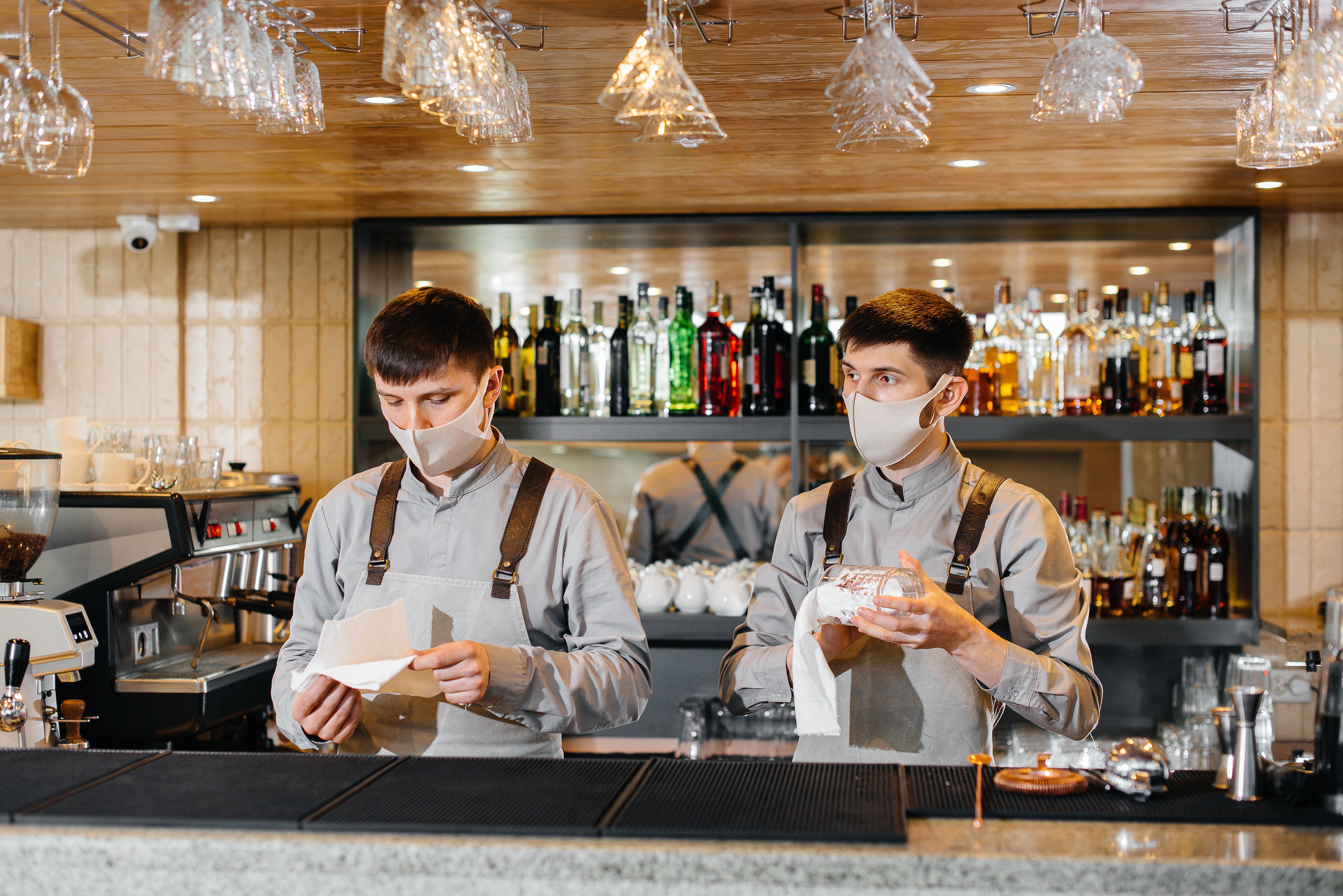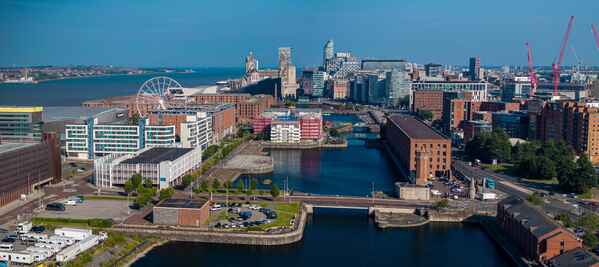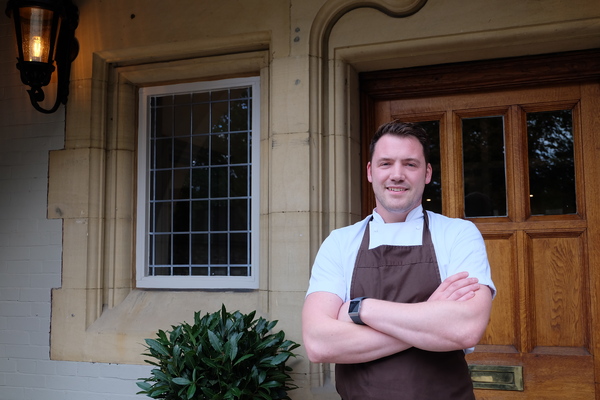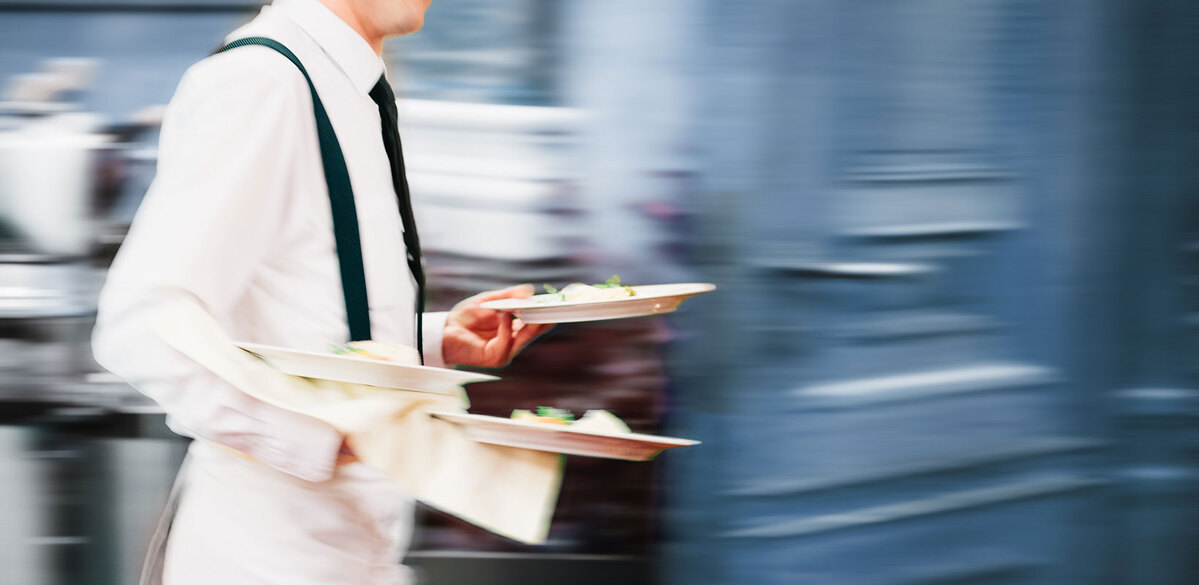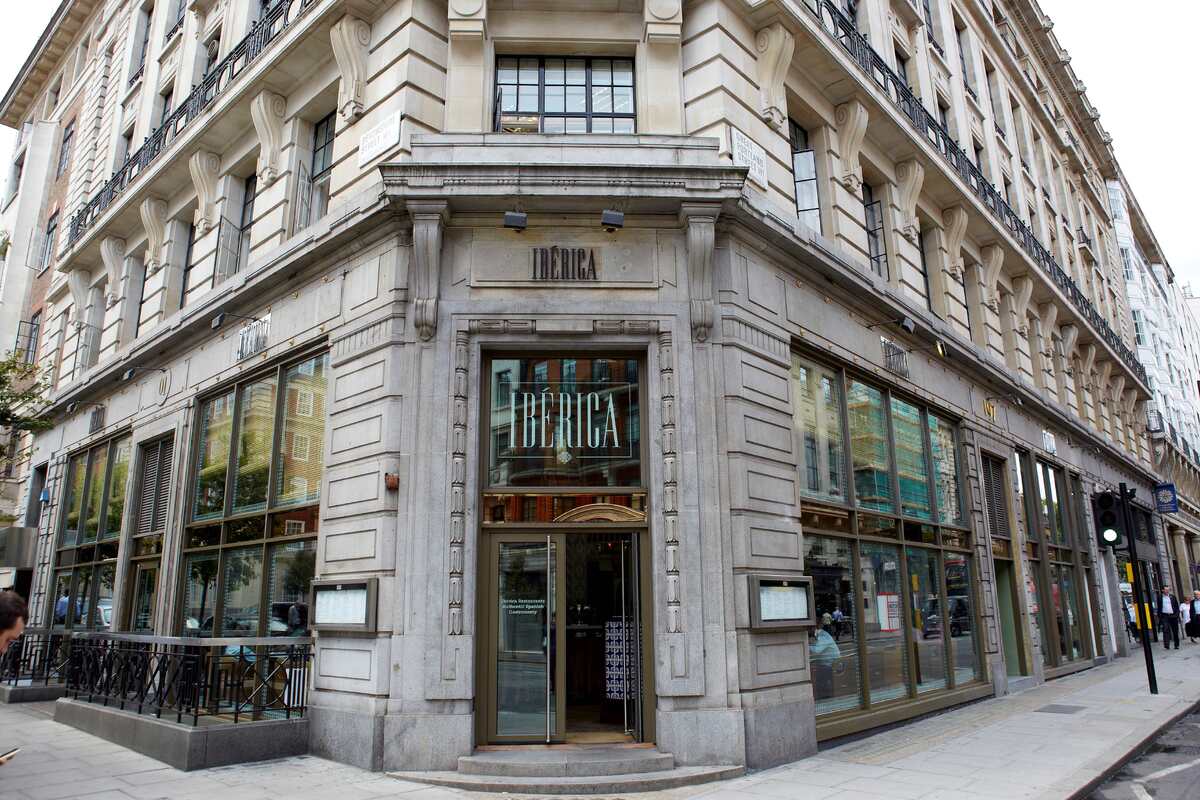Indoor hospitality reopening in England and Wales today
Hospitality businesses in England and Wales can reopen for customers indoors from today, while international travel can also resume, with travellers from England, Scotland and Wales now able to visit 12 ‘green list’ countries without quarantine.
From today, 67.1% of operators that have not yet traded now have the option to do so, and operators will be hoping for a release of pent-up demand from consumers.
However, Britain had 106,548 licensed premises at the end of April – 8,560 or 7.4% fewer than it did in March 2020, according to the latest Market Recovery Monitor from CGA and AlixPartners.
Graeme Smith, AlixPartners’ managing director, said: “The progression to indoor reopening marks an important moment for hospitality and some welcome light at the end of what’s been a long, dark tunnel. Profitability in the sector remains a concern, however, and there is a bumpy road to recovery ahead.”
According to the British Beer & Pub Association (BBPA), 45,000 pubs are expected to reopen today to serve approximately three million pints. But with social distancing and table service restrictions, it also estimated that beer sales will be 65% of normal, some 1.6 million pints lower than a normal Monday pre-pandemic and below the break-even point for most pubs.
As well as reduced footfall in city and town centres, those pubs that are reliant on standing and vertical drinking due to their small footprints will be particularly affected. The BBPA has estimated that some 2,000 pubs – 5% of all the pubs in the UK – will remain closed, and it is urging the government to commit to lifting all restrictions on 21 June.
After 21 June the government hopes to remove all legal limits on social contact. If this goes ahead, venues such as nightclubs will be able to reopen for the first time in over a year and restrictions on large events will ease.
However, speaking on Friday prime minister Boris Johnson said the new Indian variant of Covid-19 “could pose a serious disruption to our progress and could make it more difficult to move to Step 4 in June”.
UKHospitality chief executive Kate Nicholls said that, should the roadmap timings slip, it would be “vital” that further financial support was forthcoming, and that business rates be postponed until October.
Operators in Moray and Glasgow, meanwhile, reacted with disbelief as it was announced on Friday that the areas will remain at Level 3 for at least another week from Monday. As a result, travel to and from these areas will be prohibited other than for permitted purposes.
Leon Thompson, executive director of UKHospitality Scotland, said businesses in both Glasgow and Moray will be counting the cost of stock and supplies that will now go unused due to the late notice, and while extra financial support was welcomed, he said: “it is important that the level of support is adequate, available to all hospitality venues and it must reach them quickly.”
Mario Gizzi, owner of restaurant chain DRG, said: “It’s an absolute disgrace. Not only have our plans been thrown up in the air but it’s been done last thing on a Friday night. At just one of our sites, the Citizen in Glasgow, we’ve spent more than £6,000 in staff costs getting ready and roughly the same in fresh produce. As a standalone unit, all this food will be wasted and can’t be transferred to another restaurant.
"Even worse, I’m now having to pay for extra staff in our call centre to cancel all next week’s bookings. It’s outrageous to have these hugely damaging decisions taken by people who have no idea of how the hospitality industry runs. When you look at the figures the offer of £750 in grant compensation really is a joke.”
Stephen Montgomery, spokesperson for the Scottish Hospitality Group, added: “You can’t just turn this stuff on and off like flicking a light switch.”
The Northern Ireland Executive has set 24 May as its indicative date for indoor hospitality reopening.
Photo: Andrii Medvednikov/Shutterstock.com



